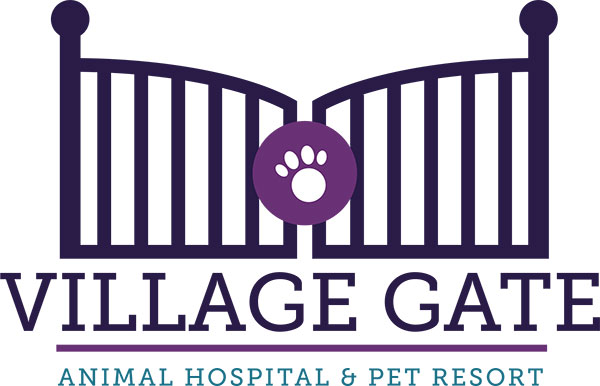Anyone who owns a pet knows that they are part of the family. Pets are like children, and just as we need to be careful around poisonous substances when our children are around, we also need to be cautious with potentially harmful toxins in our homes when our pets are present. In this blog post, we’ll outline some of the most common household toxins that can harm or even kill pets. By being aware of these dangers, you can take steps to protect your furry friends from harm.
What are the most common toxins for pets?
Many items that are safe for people are toxic for pets, so before bringing flowers into your home or sharing a snack with your furry pal, ensure they are not hazardous. According to the ASPCA, the ten most common toxins that pets encounter include:
- Over-the-counter medications
- Human prescription medications
- Food
- Chocolate
- Veterinary products
- Household items
- Rodenticides
- Plants
- Insecticides
- Garden products
What signs should I watch for if my pet is exposed to a toxin?
While each toxin causes specific signs, some general conditions can develop if your pet has been exposed to a poisonous substance. Your furry pal may have come in contact with a potential toxin if they develop the following issues:
- Vomiting
- Diarrhea
- Seizures
- Excessive thirst
- Abnormal bleeding, bruising, or blood in the stool or urine
- Hyperactivity
- Extreme lethargy
- Ataxia, or impaired coordination
- Excessive salivation
- Confusion
- Changes in heart rate or rhythm
- Changes in breathing
Keep in mind that toxicity signs may not always develop immediately. Some problems, such as clotting disorders from rodenticide toxicity, may not become apparent until days after ingestion.
Who should I contact if my pet comes in contact with a potential toxin?
If your pet ingests or comes in contact with a potential toxin, contact an animal poison control hotline immediately. A veterinary toxicologist will guide you on what steps to take to ensure your pet receives the appropriate treatment. Additionally, they will give you a case number that will allow a veterinarian or our team to contact them to discuss a treatment plan.
When in doubt, if your pet comes in contact with a toxic substance, contact an animal poison control center, then call our team for help.

